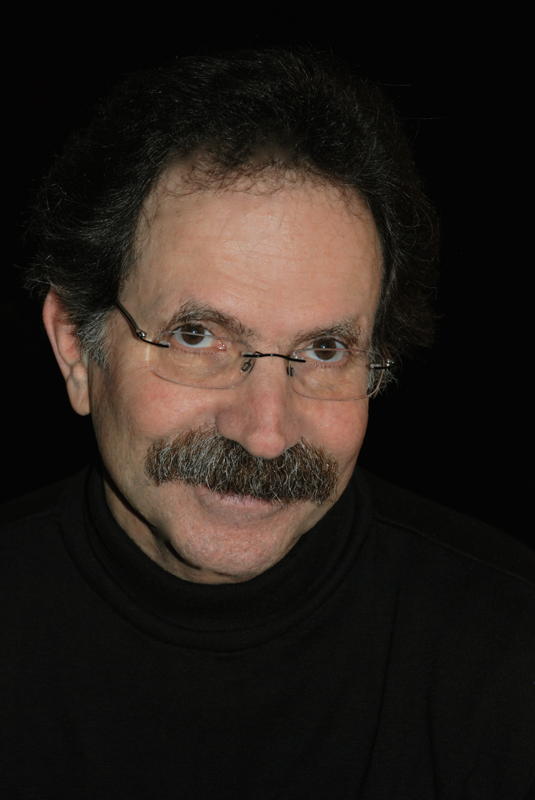The article I sent you -- the one that angered you --still stands as representing an accurate comparison to My Lai. I see no reason why the comparison should be considered inaccurate. Unless, of course, it was not the accuracy but the very fact of it's existence that upset you. That is, exposing the grim realities of what we sometimes do in insurgent warfare is unhelpful; because it makes us look bad, confuses the issue, and thus, "gives comfort to the enemy."
Which leads me to the issue of what one is fighting for; in any given war. Is one just fighting to win; in order to protect the "interests" of "our side" -- without any moral considerations? Or is one fighting for certain ideals and values; which would include the people we may be claiming to want to help? And what are those "interests" -- if that's what we are fighting for? And what are the "ideals and values" --if they are the reason we fight? And, finally, if the "interests" alone are what we fight for, are they my personal interests? Or, if the "ideals and values" are what we fight for, are they my ideals and values?
This all may seem like too much sophistry for most young soldiers, but it is of utmost importance to anyone with any education, conscience, maturity, or rank.
In the "heat of battle" and the "fog of war" soldiers sometimes unleash the unrestrained beast that resides in all of us. It is the responsibility of those who command to harness that beast, in order to maximize a unit's tactical and strategic effectiveness. It is also the responsibility of those in command to minimize the negative effects that can accrue if that beast is allowed to run rampant.
This does not mean, however, that the common soldier is free of responsibility for his or her actions. One does not relinquish one's moral obligations to humanity at large because of one's training or the orders one is given.
I have read descriptions by American infantry soldiers during WWII, who, in the heat of battle, witnessed other soldiers killing unarmed German soldiers who were trying to surrender. One in particular wrote that he "could never do that."
Charles Durning, the Hollywood actor who was at Omaha Beach, described being bayoneted by a teenage German soldier eight times before subduing him, because he "didn't want to kill a kid."
We each have a moral obligation to ourselves and the human race, to take responsibility for our actions on the field of battle. If we fail in this responsibility, then we have a further moral responsibility to heal ourselves; by doing what we can to help repair the damage we have done; both to ourselves, others, and humanity at large. The future of the race depends on it.





